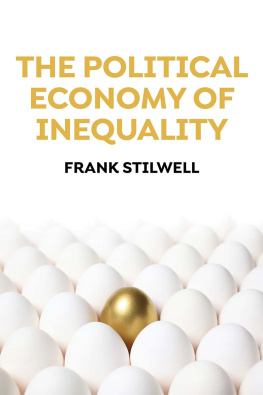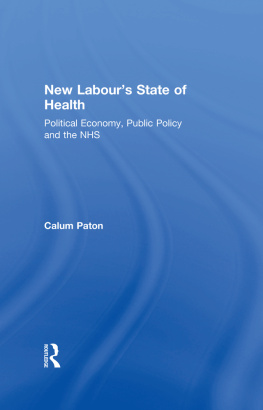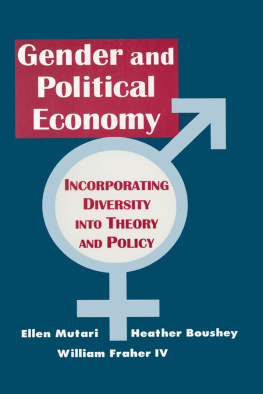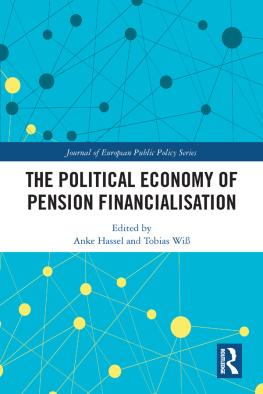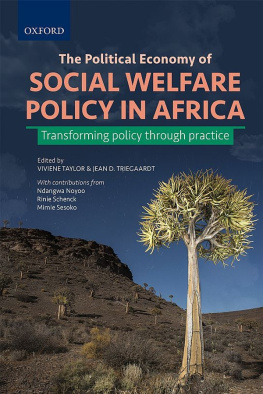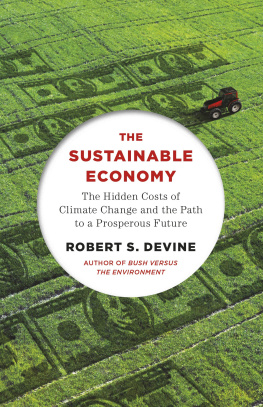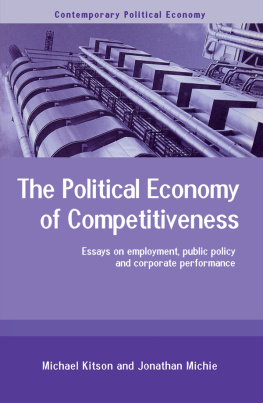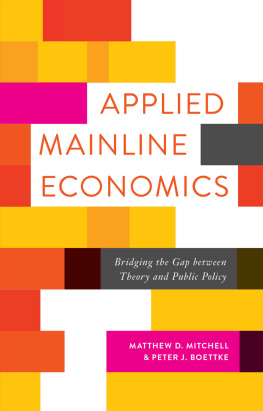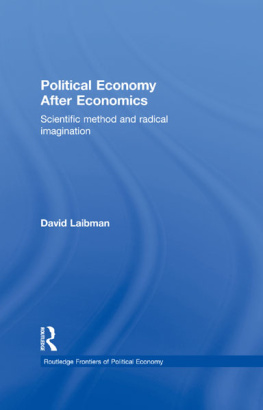
Communication and the Transformation of Economics
Also by Robert E. Babe
Cable Television and Telecommunications in Canada: An Economic Analysis, 1975 Canadian Television Broadcasting Structure, Performance, and Regulation, 1979 Broadcasting Policy and Copyright Law: An Analysis of a Cable Rediffusion Right (co-authored), 1983
Telecommunications in Canada: Technology, Industry, and Government, 1990 Information and Communication in Economics (edited), 1994
Critical Studies in Communication and in the Cultural Industries
Herbert I. Schiller, Series Editor
Communication and the Transformation of Economics: Essays in Information, Public Policy, and Political Economy, Robert E. Babe
A Different Road Taken: Profiles in Critical Communication, edited by John A. Lent Consumer Culture and TV Programming, Robin Andersen
Marketing Madness: A Survival Guide for a Consumer Society, Michael F. Jacobson and Laurie Ann Mazur
Public Television for Sale: Media, the Market, and the Public Sphere, William Hoynes
Counterclockwise: Perspectives on Communication, Dallas Smythe (edited by Thomas Guback)
The Panoptic Sort: A Political Economy of Personal Information, Oscar H. Gandy, Jr.
Triumph of the Image: The Medias War in the Persian GulfA Global Perspective, edited by Hamid Mowlana, George Gerbner, and Herbert I. Schiller
The Persian Gulf TV War, Douglas Kellner
Mass Communications and American Empire, Second Edition, Updated, Herbert I. Schiller
FORTHCOMING
The FAIR Reader: An Extra! Review of Press and Politics in the 90s, edited by Jim Naureckas and Janine Jackson
Monopoly Television: MTVs Quest to Control the Music, Jack Banks
Invisible Crises, edited by George Gerbner, Hamid Mowlana, and Herbert I. Schiller
Introduction to Media Studies, edited by Stuart Ewen, Elizabeth Ewen, Serafina Bathrick, and Andrew Mattson
The Communications Industry in the American Economy, Thomas Guback
The Social Uses of Photography: Images in the Age of Reproducibility, Hanno Hardt
Ideology, Government Broadcasting, and Global Change, Laurien Alexandre
Hot Shots: An Alternative Video Production Handbook, Tami Gold and Kelly Anderson
Communication and the Transformation of Economics
Essays in Information, Public Policy, and Political Economy
Robert E. Babe
University of Ottawa
Critical Studies in Communication and in the Cultural Industries
First published 1995 by Westview Press
Published 2018 by Routledge
711 Third Avenue, New York, NY 10017, USA
2 Park Square, Milton Park, Abingdon, Oxon 0X14 4RN
Routledge is an imprint of the Taylor & Francis Group, an informa business
Copyright 1995 Taylor & Francis
All rights reserved. No part of this book may be reprinted or reproduced or utilised in any form or by any electronic, mechanical, or other means, now known or hereafter invented, including photocopying and recording, or in any information storage or retrieval system, without permission in writing from the publishers.
Notice:
Product or corporate names may be trademarks or registered trademarks, and are used only for identification and explanation without intent to infringe.
A CIP catalog record for this book is available from the Library of Congress.
ISBN 13: 978-0-8133-2671-9 (pbk)
ISBN 13: 978-0-8133-2672-6 (hbk)
To Warren f. Samuels and
to CRITICAL: Students for Socially Responsible Communication
We human beings are being led to a dead endall too literally. We are living by an ideology of death and accordingly we are destroying our humanity and killing the planet.
Herman E. Daly and John B. Cobb Jr. (1989)
Contents
Gratitude is expressed to Professor Herbert I. Schiller for his interest in including this volume in his Westview Press series on Critical Communication. I am indeed pleased and honored to contribute to this series.
Thanks are expressed also to those who originally commissioned or suggested work appearing here: Hank Intven, Warren J. Samuels, Vincent Mosco, Kosta Gouliamos, Gertrude Robinson, Rowland Lorimer, Barri Cohen, and Jean McNulty.
Appreciation is extended as well to those who read and commented on at least portions of the manuscript: Ian Parker, Kerry Pither, Frank Mller, Irene Spry, Kosta Gouliamos, Heather Menzies, Thomas Guback, Fred Bigham, Gary Hauch, and Kathryn Fredericks.
I continue to benefit from, and to be inspired by the teaching of my mentors, Warren J. Samuels and Walter Adams, even though nearly twenty-five years have passed since I left economics at Michigan State University. Warren initiated me into the joys of intellectual history, to the classical theory of economic policy, and to institutional economics. Walter introduced me to power in economics (political economy), suggested that I become familiar with the works of Kenneth E. Boulding, and like Professor Samuels, encouraged me to explore the limitations of economic orthodoxy and not to disdain unconventional wisdom.
I have learned much from my students over the years. Indeed, several of them are cited above, in the notes, and in the bibliography. Students in the Department of Communication who formed the association CRITICAL: Students for Socially Responsible Communication Study inspired a good deal of what appears here. Among my fondest memories of the Department of Communication at University of Ottawa will be the integrity, idealism, activism, and perseverance of these students in the face of concerted opposition.
I would also like to thank the Faculty of Arts, University of Ottawa, for providing a grant in aid of publication, and extending me a six month leave during which portions of the present manuscript were prepared.
Finally, the loving support of Jane, David, Mary, Michael, and Daniel was vital to the successful completion of this project. Thank you.
Robert E. Babe
University of Ottawa
This book is written in the conviction that mainstream (or neoclassical) economics is leading us to a dead-end. In the words of Herman Daly and John Cobb, economic orthodoxy is an ideology of death, destroying our planet and debasing our humanity.
Fortunately, neoclassical economics is not immutable truth; it does not depict with exacting precision and nuanced insight inexorable economic laws or ineluctable economic processes. Neoclassicism, rather, is mere social construction. It is a product of the human mind, or rather a product of the thinking of a small community of humans known as neoclassical economists, whose doctrines have spread into the very corridors of political and economic power. Todays mainstream or neoclassical economics consists largely of deductive reasoning based on a set of restrictive and (in the words of neoclassicist Milton Friedman) descriptively false assumptions. Useful undoubtedly to some, particularly the rich and powerful, as a schema or paradigm for interpreting economic life, mainstream economics remains nonetheless social construction.


